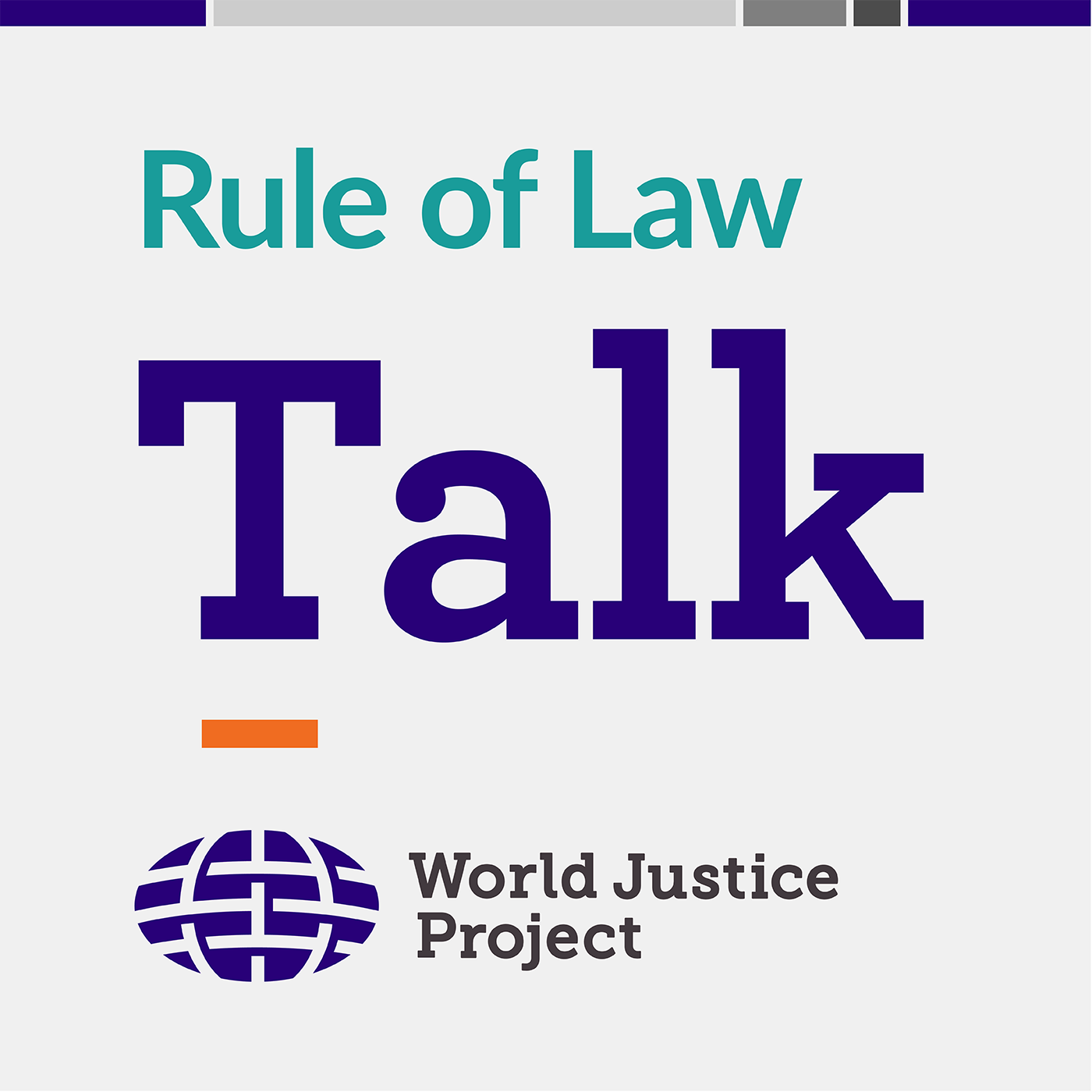Javier Martín Reyes: Transition in Mexico
This week on Rule of Law Talk, we discuss the state of the rule of law in Mexico, as well as the challenges and opportunities facing the new Mexican president: Andrés Manuel López Obrador.
After a landslide victory in the presidential elections held in July in Mexico, Andrés Manuel López Obrador, AMLO, was elected for a six-year mandate to fight inequality, reduce violence and eradicate corruption. AMLO won the presidency after also campaigning in 2006 and 2012, and will begin his presidency with strong public support.
The Economist has referred to him as “the most powerful Mexican president in decades," and according to a recent poll by the newspaper Reforma, 71% of those surveyed affirm they feel optimistic about the future of the country. In contrast, Enrique Peña Nieto (the out-going president, who occupied this position from 2012 to 2018), has the lowest approval rates in history. According to the same survey by Reforma, 68% of Mexicans disapprove of his work, and 6 out of 10 people polled perceive that violence, insecurity, corruption, and poverty have increased under his mandate.
Javier Martín Reyes is a Mexican lawyer and political scientist, and an associate professor at CIDE. He joins us on Rule of Law Talk to analyze this special moment in Mexico’s history, and to examine the challenges facing the AMLO administration.






